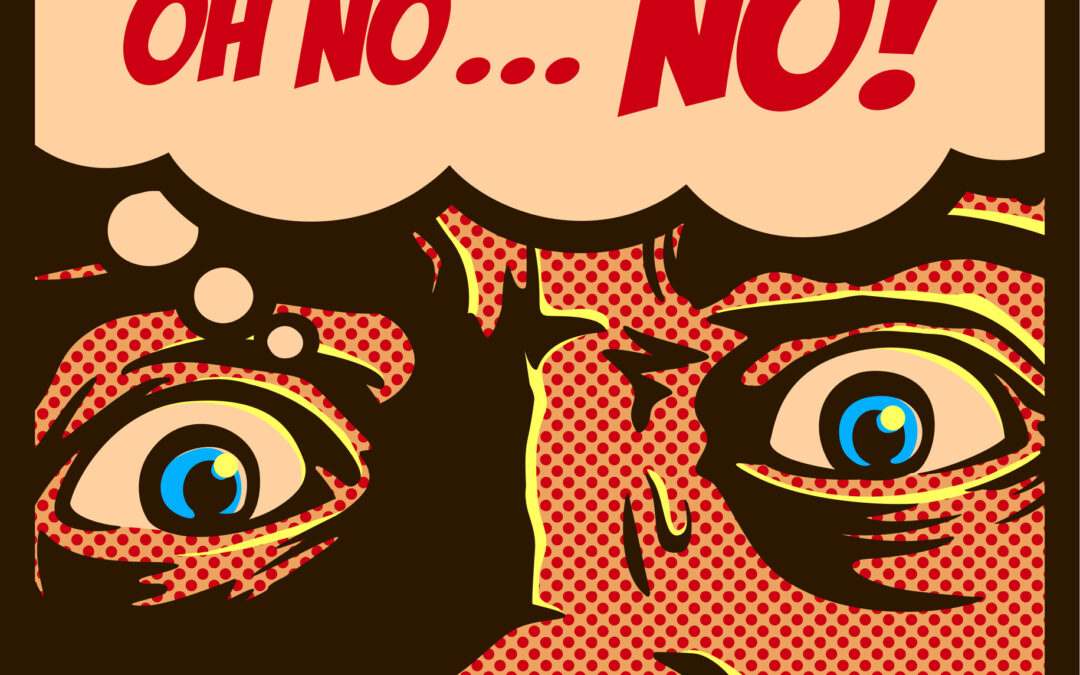We live in a society that worships the overachiever. Burning the candle at both ends and denying yourself pleasure until the work gets done is seen as honorable. And while having a good work ethic is definitely key to living your best life, it is also important to balance your work life with a sense of play and freedom. If you don’t, you could experience burnout.
The Dangers of Being Addicted to Work
You may think that a workaholic would be every boss and manager’s dream employee. After all, if you’re someone who’s addicted to work, you’re generally the first one to arrive, last to leave, refuse to take vacations and take on mountains of work.
But workaholics are often not seen as team players, don’t delegate, and can’t handle their workload efficiently.
And, because these individuals refuse to take time off of work, they can become sick. Workaholics experience far more work-related stress, anger, anxiety and depression, which can result in physical symptoms like headaches, migraines, GI upset and insomnia.
Are You a Workaholic?
Wondering whether you are a workaholic? Here are 10 signs you may be addicted to working:
-
You work over 50 hours each week.
-
You feel the need to be constantly busy.
-
You have trouble relaxing and/or having fun when not working.
-
You are a perfectionist.
-
Writing to-do lists is fun for you.
-
Your loved ones complain about how much you work.
-
You’re often caught not listening or paying attention to conversations because you’re focused on work.
-
You’ve often been called a “control freak.”
-
You are neglecting other aspects of your life, like attending your child’s play or music recital.
-
You become highly stressed when you are forced to turn off your cellphone and other digital devices.
Workaholism is a Real Disease
Workaholism is an actual disease like alcoholism that tends to be passed down from parent to child. Work addicts use work as a means to cope with emotional discomfort and feelings of inadequacy. Because there is a real, intense need for work as a distraction, other areas of their life tend to suffer. And the cycle goes on and on.
Workaholics can benefit greatly from cognitive behavioral therapy where they can learn coping strategies that allow them to feel better and work less.
If you or someone you know is addicted to work and would like to explore treatment options, please get in touch with us. A counselor on our team can help you work to find more balance in your life.

3 Unconventional Ways to Stop a Panic Attack
Panic attacks feel different for everyone, but typically include sensations like a pounding heart, sweating, a feeling of terror, constricted or rapid breathing, and feeling as though the room is closing in on you or spinning. Regardless of how they present, a...

Deep Breathing: Why Do It?
If you have ever felt frustrated by being told to just "take a deep breath" when you are feeling angry or anxious, you aren't alone. It's difficult to heed this advice when, in the moment, the mind and body are distracted or dysregulated. The adage of "just breathe"...

The 12 Best Mental Health Apps
Modern technology can be an amazing supplement to professional counseling. Check out these 12 Apps that come recommended for recovery from depression, eating disorders, PTSD, insomnia, and anxiety. DEPRESSION RECOVERY APPS 1. TalkLife (online support tool)...

7 Skills to Try When You Feel “Overwhelmed”
Have you ever felt completely overcome by an intense emotions? Have feelings at times felt challenging to manage and overcome? The experience of being “overwhelmed” is uncomfortable and impactful in your life at work, home, or school. Defining "Overwhelm" Emotional...

Pandemic Survival Skills from an Anxiety Counselor
As we adjust to a new normal that includes self-quarantining, a shift in plans and routines, and significant uncertainty, it’s important to find ways to maintain our mental and emotional health. We’ve gathered some recommendations here, but strongly encourage you to...

